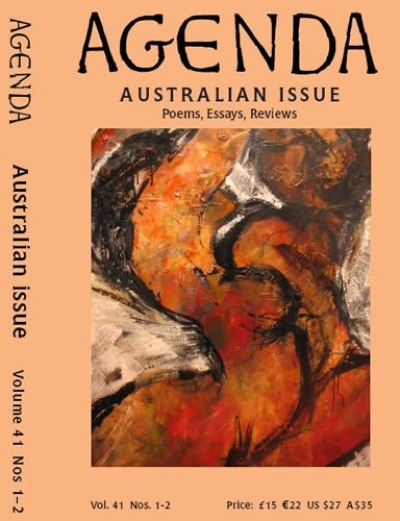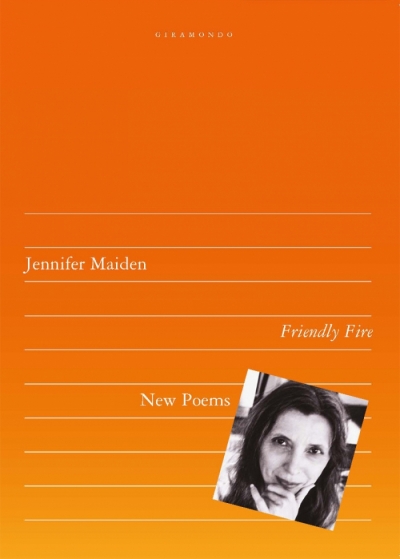Archive
Subterranean Radio Songs by Joel Deane & Suburban Anatomy by Penelope Layland
Noeline by Noeline Brown & Much Love, Jac X by Jacki Weaver
ABR welcomes letters from our readers. Correspondents should note that letters may be edited. Letters and e-mails must reach us by the middle of the current month, and must include a telephone number for verification.
... (read more)Join us on March 6 during the Adelaide Writers’ Week when the Editor of ABR will announce details of a major new sponsorship and prize to be offered this year. We can’t go into details yet, but this is an event that no common or uncommon reader, least of all Australian writers, will want to miss. We will also be launching our March issue, which is largely devoted to Art and Architecture. Luke Morgan of Monash University is co-editing the issue with Peter Rose. A highlight of this annual thematic issue is Dr Morgan’s long article on the state of art criticism in Oz, which seems likely to provoke a few Cubist expressions in the art world! This launch (a free event) will take place at 12.30 p.m. on Monday, March 6, in the West Tent, Pioneer Women’s Memorial Gardens.
... (read more)Agenda edited by Patricia McCarthy & Jacket 28, October 2005 edited by John Tranter
Though we have seen periods during which Australian cinema has been synonymous with period-set narratives and idealised evocations of the outback, there has always been a darker side to our cinematic imagination, a gritty, hard-edged element that is just as crucial to this country’s feature film output as are the sepia-tinged dreamscapes. Many of the pivotal films of the Australian New Wave brought a vivid, finely judged aesthetic to the bleakest of subject matter. Fred Schepisi’s The Chant of Jimmie Blacksmith (1978) conjured a harrowing tragedy of grisly murders and manhunts, while Peter Weir’s darkly comic feature début, The Cars That Ate Paris (1974), presented a paranoid, murderous rural community whose raison d’être was maintaining its seclusion, even if that meant killing any outsiders who found their way into town.
... (read more)






